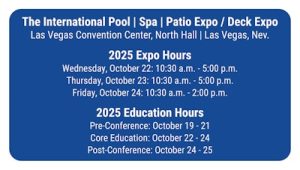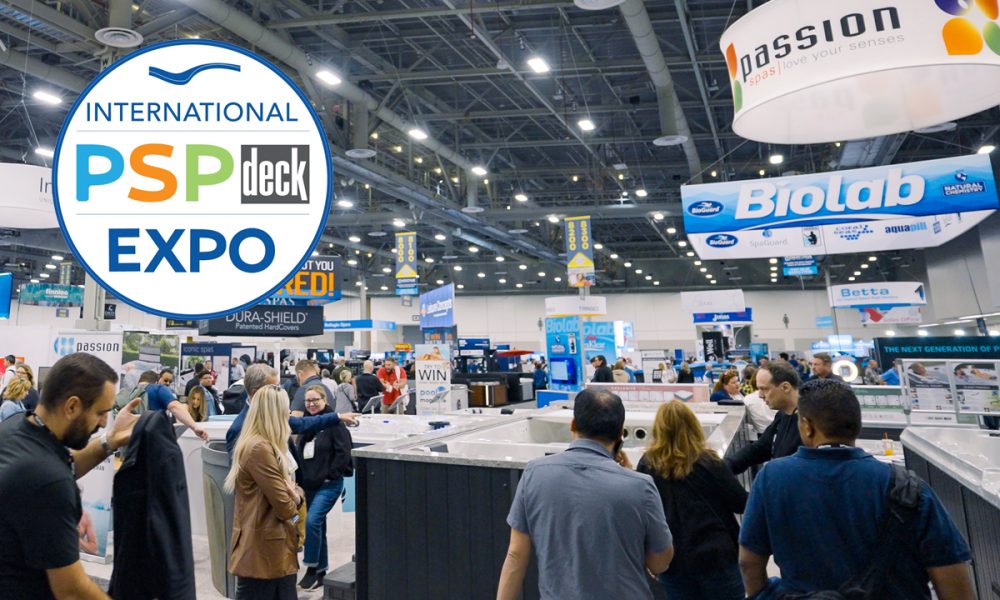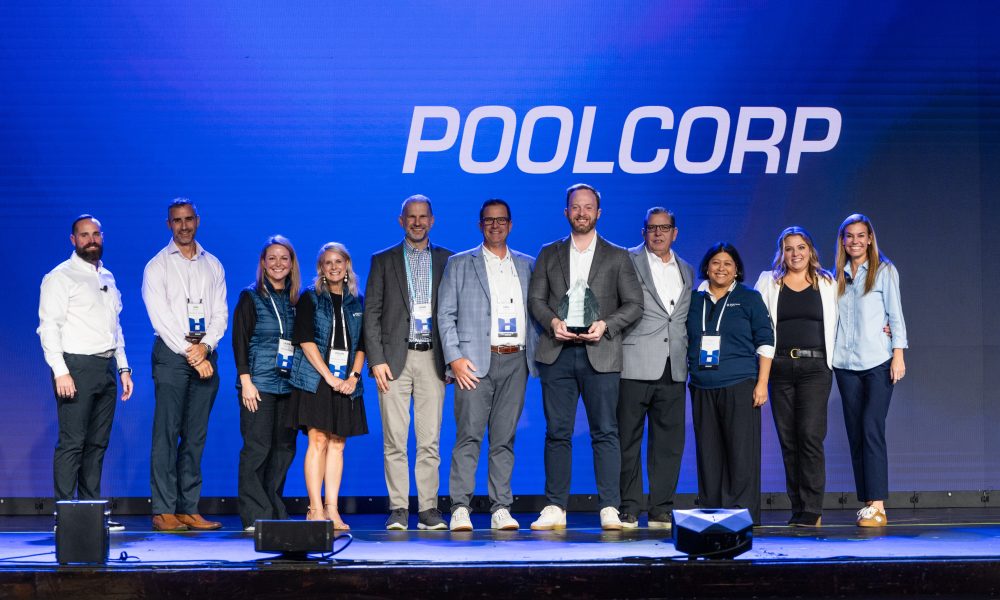A controversial amendment to SB 712 prompted swift backlash from the Florida pool industry, uniting contractors and trade associations in defense of licensure standards that have long safeguarded public safety and construction quality.
Originally intended to preempt local regulations around artificial turf, SB 712 became the target vehicle for unrelated construction amendments after other regulatory bills stalled in committee. On April 14, 2025, a last-minute amendment introduced new language in Section 6 of the bill, expanding the current general contractor exemption for swimming pool structural work to include “pool wet deck” areas—and, more significantly, extending that exemption to building contractors for the first time.
The proposed revision to Florida Statute 489.113(3)(c) would have allowed both general and building contractors to bypass subcontracting to licensed pool professionals when constructing critical wet deck zones—the four-foot perimeter around the waterline that includes handrails, ladders, diving boards, and other essential pool features. The scope of work for both general and building contractors is outlined in F.S. Sec. 489.105(3)(a) and (b), respectively.

This exception is generally understood to be in place to allow for General Contractors and Swimming Pool and Spa Contractors (F.S. Sec. 489.105(3)(j),(k), & (l)) on projects the construction of a swimming pool is going to be part of a larger project or integral to the primary construction activities. Generally, this is going to take the form of commercial development (condos, apartments, hotels, etc.) but also show up in tract residential development where a General Contractor is acting in the role of a developer and putting buyers under contract for a house and pool at the same time and working with pool builders to perform the pool and home construction at the together.
The amendment to SB 712 expanded this exception to pool wet decks and extended the exception to Building Contractors. That language reads as follows:
(c) A general or building contractor may shall not be required to subcontract structural swimming pool or pool wet deck area work. All other swimming pool work must shall be subcontracted to an appropriately licensed certified or registered swimming pool contractor.For the purposes of this paragraph, the term “pool wet deck area” means the 4-foot-wide unobstructed pool deck area around the outside of the pool water perimeter, curb, ladders, handrails, diving boards, diving towers, pool slides, waterfalls, water features, starting 302 blocks, planters, or lifeguard chairs.
Following the amendment to SB 712, a matching amendment was filed to HB 683, the House companion bill to SB 712. It is important to note that the Section 6 language was not found in any previously filed bills in the 2025 Florida Legislative Session and was only field for the first time last week in these amendments. The language seems to be being pushed by a single Representative in the Florida House with no apparent constituency.
Industry leaders saw the amendment as a threat to established standards. Joe Trusty, Editor-in-Chief of Pool Magazine and member of Forbes Business Council, responded in an open letter:
“This legislative expansion introduces a slippery slope: by allowing general and building contractors—who may not possess the specific experience or education required to construct and waterproof pool shells or build critical wet deck zones without subcontracting to licensed pool contractors—we risk eroding the professional standards that the industry has worked for decades to establish.”
Trusty emphasized the consumer risk involved:
“Lowering the threshold for who can perform this work may open the door to inconsistent quality, code violations, and even unsafe installations. At a time when demand for pools remains strong and the need for accountability is more crucial than ever, loosening requirements sends the wrong message.”
Pool Magazine Letter on SB 712 on Scribd
Deidre Bedford, President of the Florida Swimming Pool Association (FSPA), echoed those concerns ahead of the Senate Rules Committee hearing.
“FSPA is going to Tallahassee to fight the good fight—again,” said Bedford. “This bill undermines the purpose of professional licensing and the protections it affords consumers. It allows contractors without specialized training to build highly specialized products that our customers interact with on a daily basis.”
FSPA’s Chief Government Relations Officer, Dallas Thiesen, added:
“This isn’t about restricting who can build. It’s about ensuring those who build pools know what they’re doing. When you start letting anyone build a pool structure without understanding the necessary slope, drainage, bonding, or barrier codes, you’re potentially setting homeowners up for failure—or worse, danger.”
The provision had never appeared in any previously filed legislation during the 2025 session and was seen by many as a last-ditch attempt to slip construction-related language into a bill that had already cleared a different committee path.
Despite the short notice, the industry mobilized quickly. By close of business Friday, FSPA had over 75 professionals signed up to attend the Senate Rules hearing.

That effort paid off. The Senate Rules Committee met on April 21, 2025 and adopted an amendment to remove the controversial Section 6 language from SB 712. A corresponding floor amendment was also filed for HB 683, the House companion bill, to strike the same language.
The scope-of-work expansion for general and building contractors is no longer part of SB 712. The bill will move forward to the Senate floor without the amendment—a hard-earned win for Florida’s licensed pool and spa professionals.
The post Florida Pool Industry Pushes Back Against Controversial Bill Amendment appeared first on PoolMagazine.com – Get The Latest Pool News.







